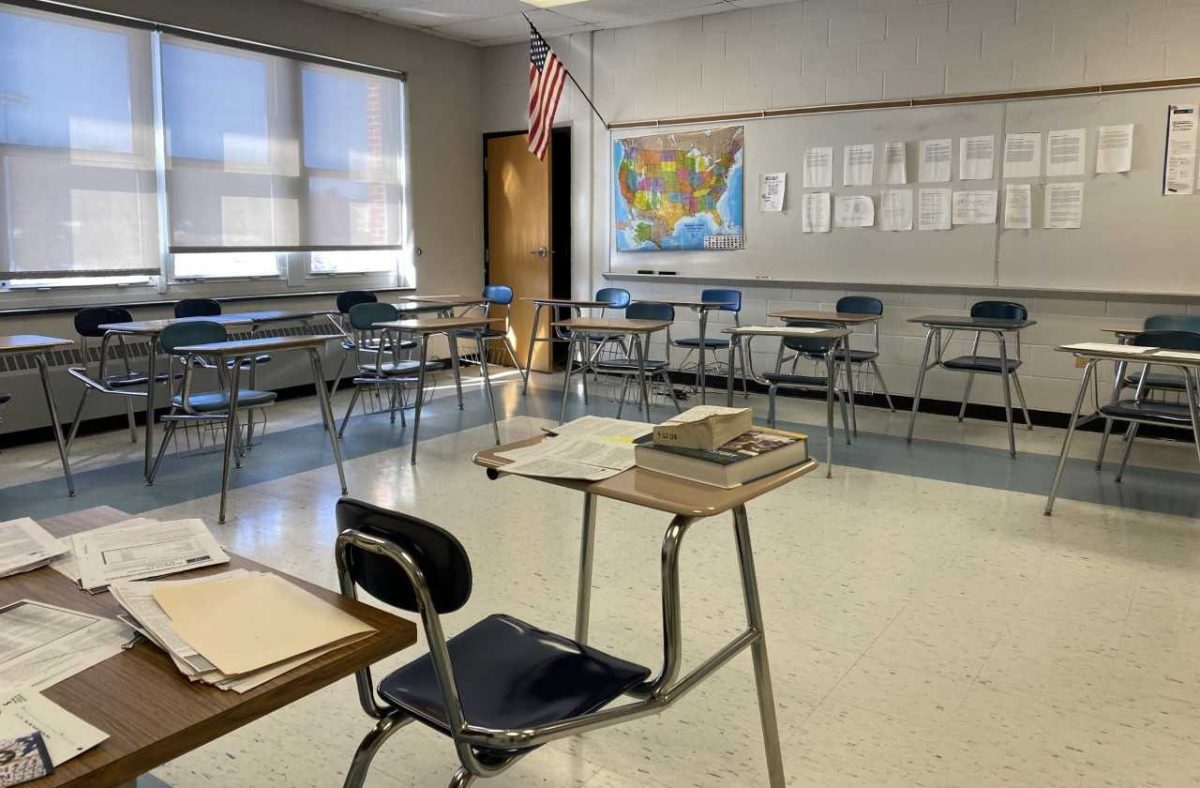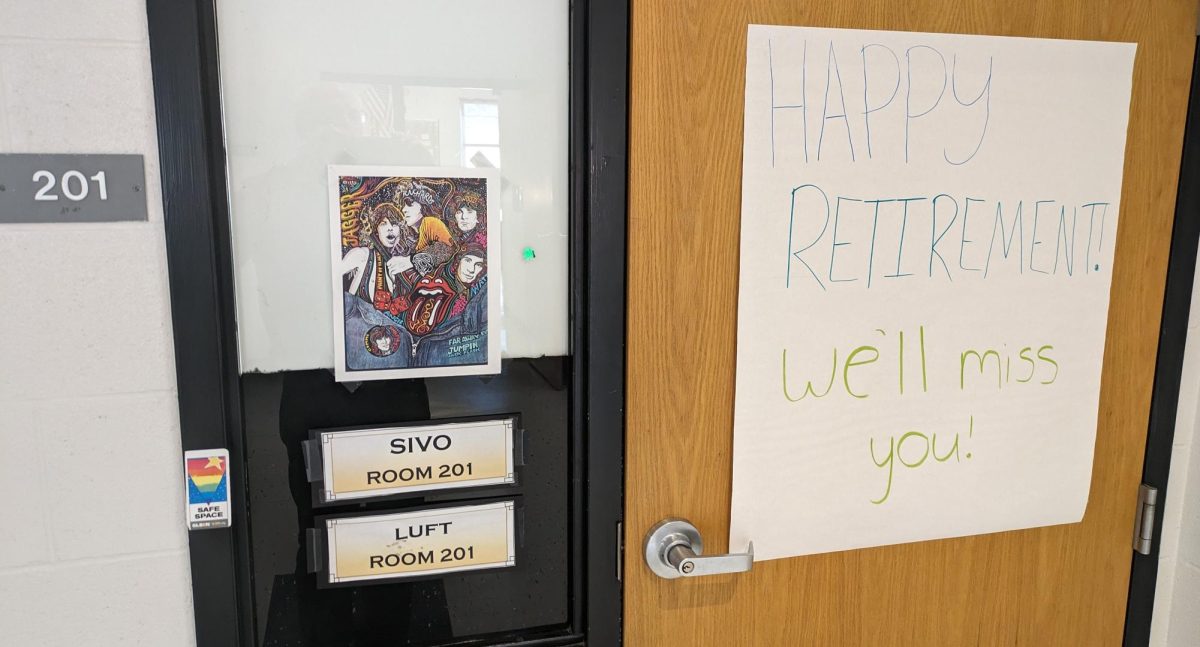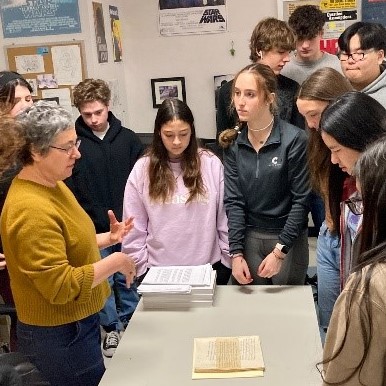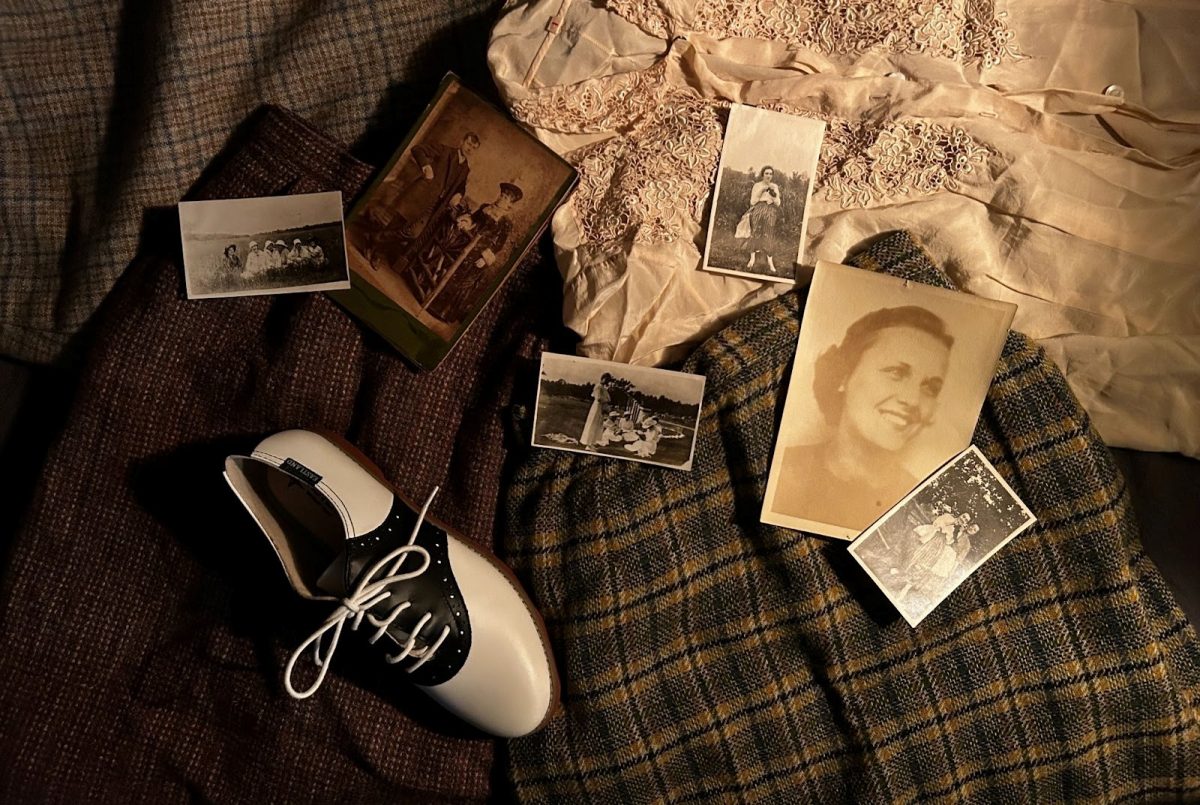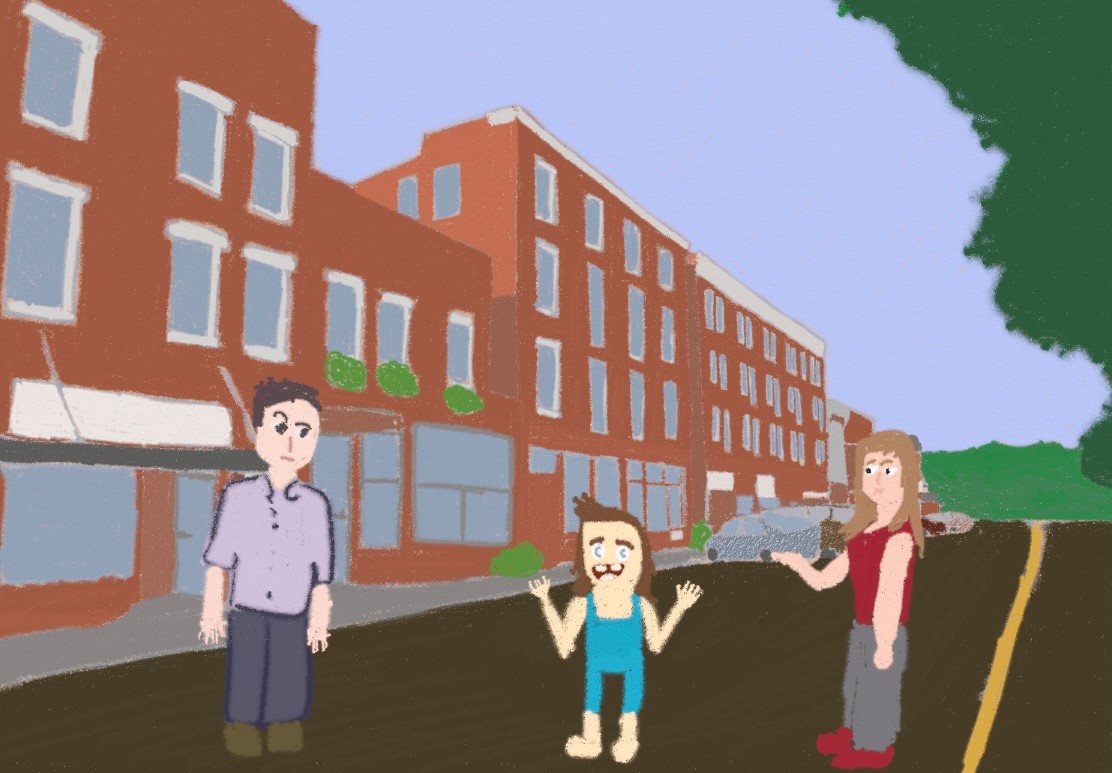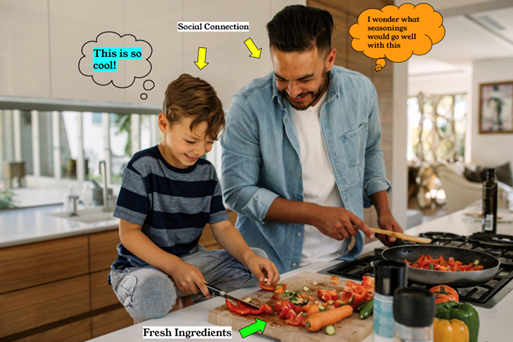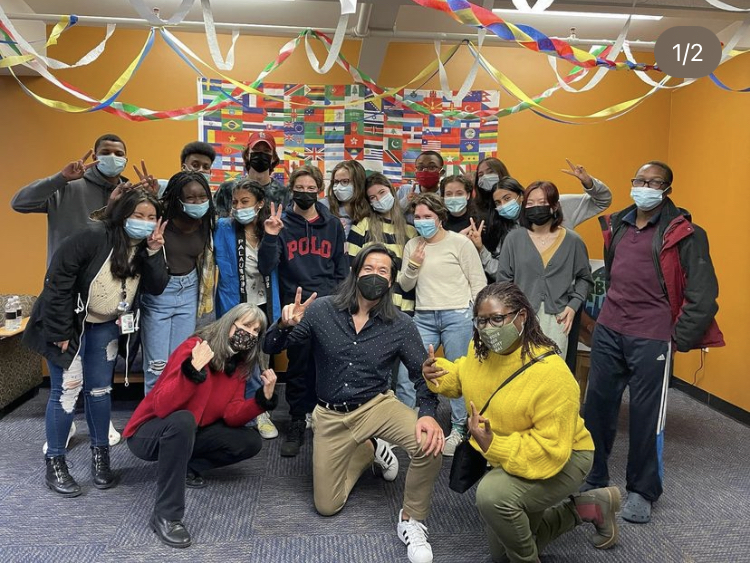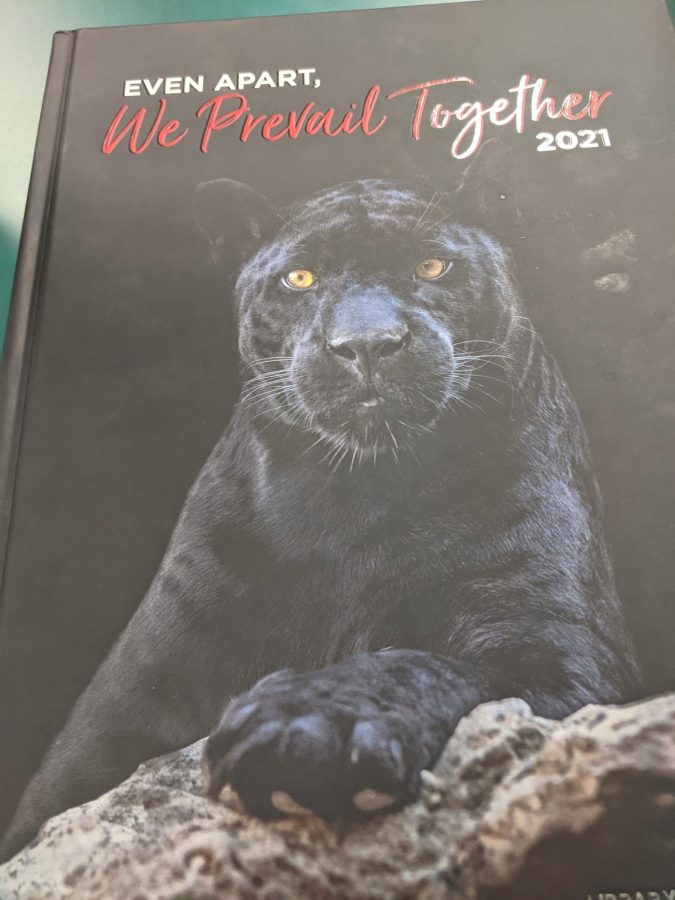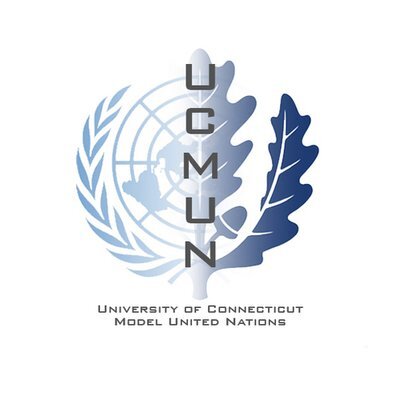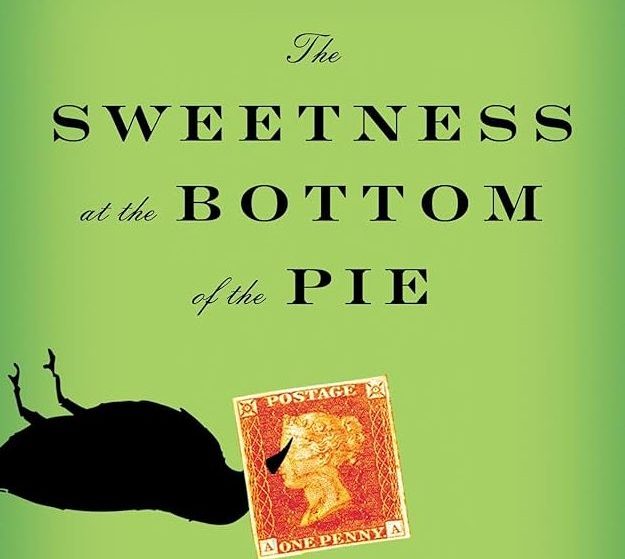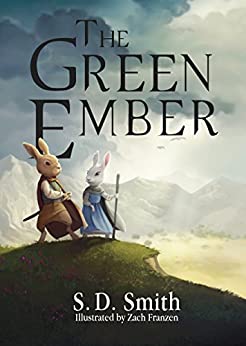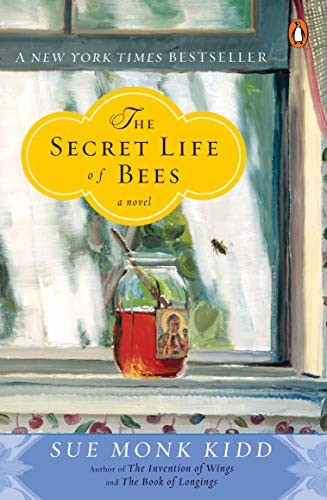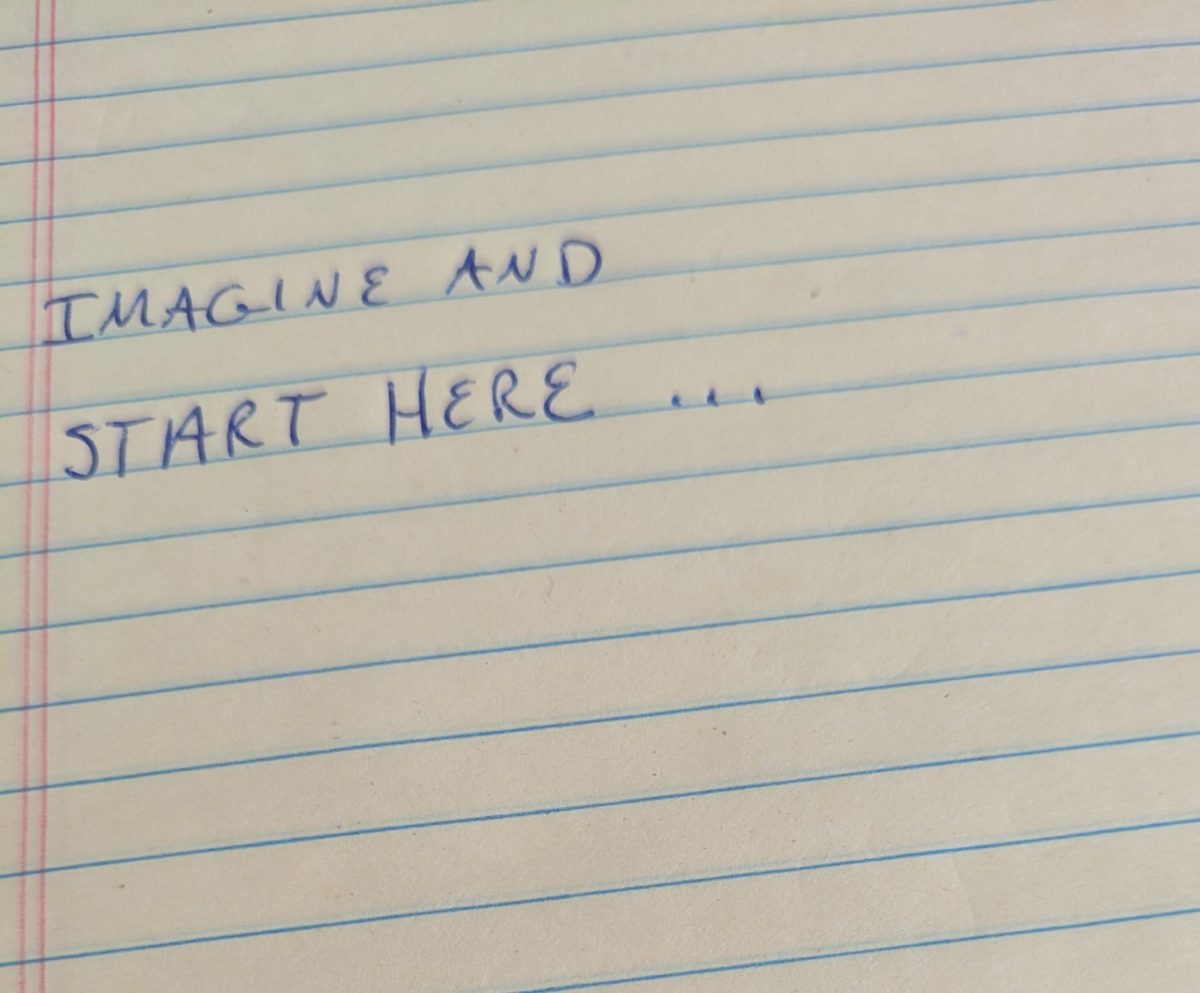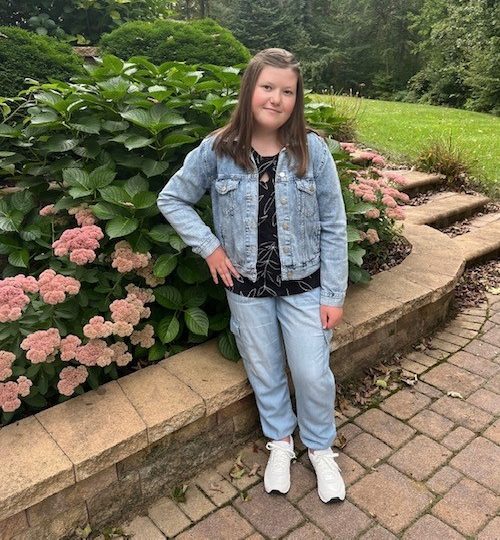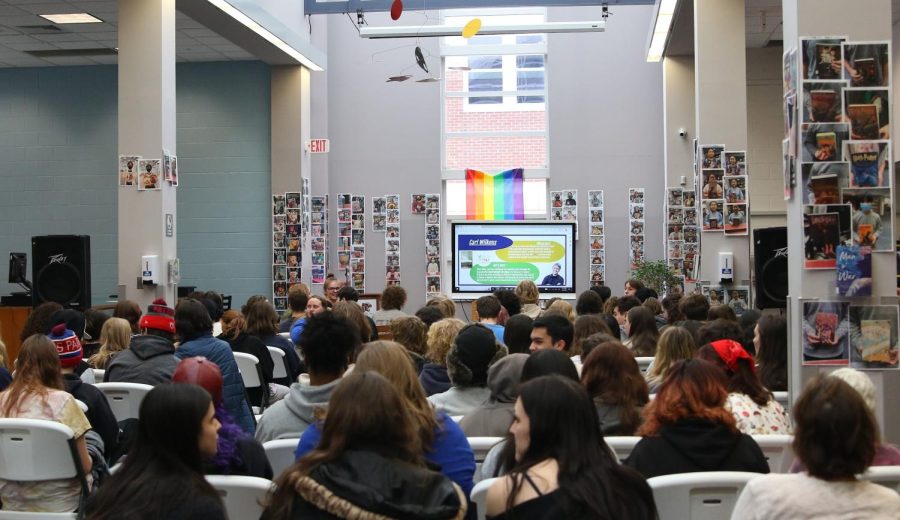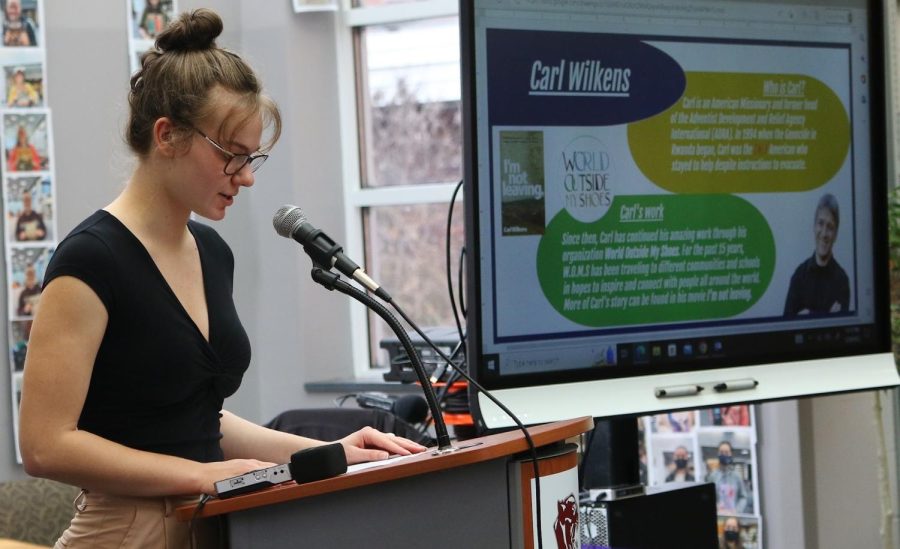Carl Wilkens And His Story: Personal Experience Touches Students
Speaker Shares Reflections on Rwandan Genocide, Punctuates Classroom Purpose
A group of E.O. Smith students gather in the library for Mr. Wilkens’ discussion.
March 7, 2023
Edwin O. Smith High School recently invited guest speaker Carl Wilkens to speak with our school community about the Rwandan genocide, which occurred from April 1994 to July of that same year. Hosted by Mr. Goldman and his first-semester Genocide course, several classes whose curriculum emphasizes issues of human rights were invited to sit in on this meaningful conversation.
In Rwanda in 1994, simmering political tension between two different cultural groups, the Hutu and the Tutsi, erupted on the morning of April 6th, when the plane carrying Juvenal Habyarimana, the President of Rwanda, was killed when his plane was shot down. There were many conspiracy theories that led the Hutus to blame the crash on the Rwandan Patriotic Front (RPF), which was comprised of Tutsi Rebels. Habyarimana’s death provoked the Hutus to commit violent attacks, initiating a modern genocide that led to the mass murder of Tutsis.
The United Nations had originally sent people to Rwanda in an attempt to keep the peace between both Hutu and Tutsi after they had passed the 1993 Arusha Accords. This was a Peace Agreement between the Government of the Republic of Rwanda and the RPF. Among these peacekeepers, there was a private organization out in Rwanda with a goal of helping impoverished Rwandan communities. One of their members was Carl Wilkens, who was head of Adventist Development and Relief Agency International (ADRAI). His job was rebuilding and establishing schools in an effort to support the needs of children, especially orphans. He accomplished this through education and various other programs, but unfortunately his work was interrupted by the ethnic cleansing. Once tensions started to rise and President Habyarimana’s plane was shot down, the United Nations Security Council voted to pull out all peacekeepers serving there with the United Nations Assistance Mission for Rwanda (UNAMIR), ending the peacekeeping operation. They also evacuated all US citizens, who were directly ordered not to take any Rwandans to safety with them.
When faced with the decision to evacuate safely with his family or stay to try and help others, Carl Wilkens decided to stay. In his discussion at E.O. Smith, he spoke about the conversations he had with his family and the mental battle he fought to overcome to make his decision. While most people around him were advising him to leave while he could, he stayed behind to help the Tutsis.
One of the ideas Wilkens highlighted during his presentation was the idea of the “upstairs” brain and “downstairs” brain. When responding to a crisis, people rarely act with empathy as any rational thinking is ignored. Instead, we kick into a fight or flight mindset and are more likely to act violently or with malicious intent. This is the “downstairs” brain working. He connects this idea to the importance of telling stories, and the power they have to activate the “upstairs” brain and allow for empathy, problem-solving, and creativity.
Later on in the discussion, Wilkens expanded on the concept of remembering an event rather than reliving it. Returning home after surviving in Rwanda during one of the most gruesome modern genocides was not easy. In the years since his time in Rwanda, he’s focused on remembering what he experienced and acknowledging what happened without actually reliving it. He expressed that reliving past experiences stunts personal growth and prevents progress in mental health. By remembering and reflecting, he gains a sense of empathy; he is able to see events from a restorative perspective rather than a punitive one, the latter of which focuses on blame and punishment. “That ability to find the good has been one of my ways of healing after this genocide,” Wilkens reflected. “I’m getting free from the anger and bitterness because I’m trying to get away from one-thing thinking – defining people by the worst thing that they’ve done.” But the most important takeaway from Mr. Wilkens’ time with us is that he has been able to recognize the complexity of genocide while also honoring the optimism that comes with the process of restoration. And that has been what we students have learned by having the opportunity to hear Carl Wilkens’ story.
A question posed frequently to students in the Genocide course is quite simple, “why study genocide?” But there is so much to unpack in this one tiny question. It is such a burdensome topic to cover, and it takes an open mindset to understand every aspect of it. The study of genocide isn’t just about learning about statistics and the horrors, it’s also about acknowledging those who were brave enough to shine a light on these issues and allowing others to follow. This analogy was first brought up by Ruth Weiner, a Holocaust survivor our Genocide class was fortunate enough to meet with earlier this year. Just like Carl Wilkens, she was able to show us the humane side of a tragedy.
Learning from textbooks is one thing, but getting involved and enriching yourself in something that truly matters is much more rewarding. The genocide course is much more than just an elective about genocide. The class isn’t just a study of horrors of what has happened through history but an attempt to see the root of the problem, the umbrella hanging over all of the topics: humanity. In the weeks following Wilkens’s presentation,
Mr. Goldman, the teacher of the genocide course, and four other students were invited to the Connecticut State Office Building to explain our involvement in the event and discuss the importance of genocide education with Steven Hernández, the executive director of CWCS (Commission on Women, Children, and Seniors). In the interview, Mr. Goldman expressed, “The goal of this class in studying inhumanity should be to realize what humanity should look like. So by studying this awful history, we’re not just dwelling in darkness but we’re looking for the light.”
Mr. Goldman was recently awarded the Simon Konover Recognition for Excellence in Holocaust Teaching for International Holocaust Remembrance Day. Genocide education is an important step we have to take towards addressing hate and the actions that stem from it, and we should be thankful that there are people like Carl Wilkens, Ruth Weiner, Mr. Goldman, and many others who can help shape young minds, and show them the light before they are consumed by darkness. So, we can say “never again” to genocide and truly mean it.


